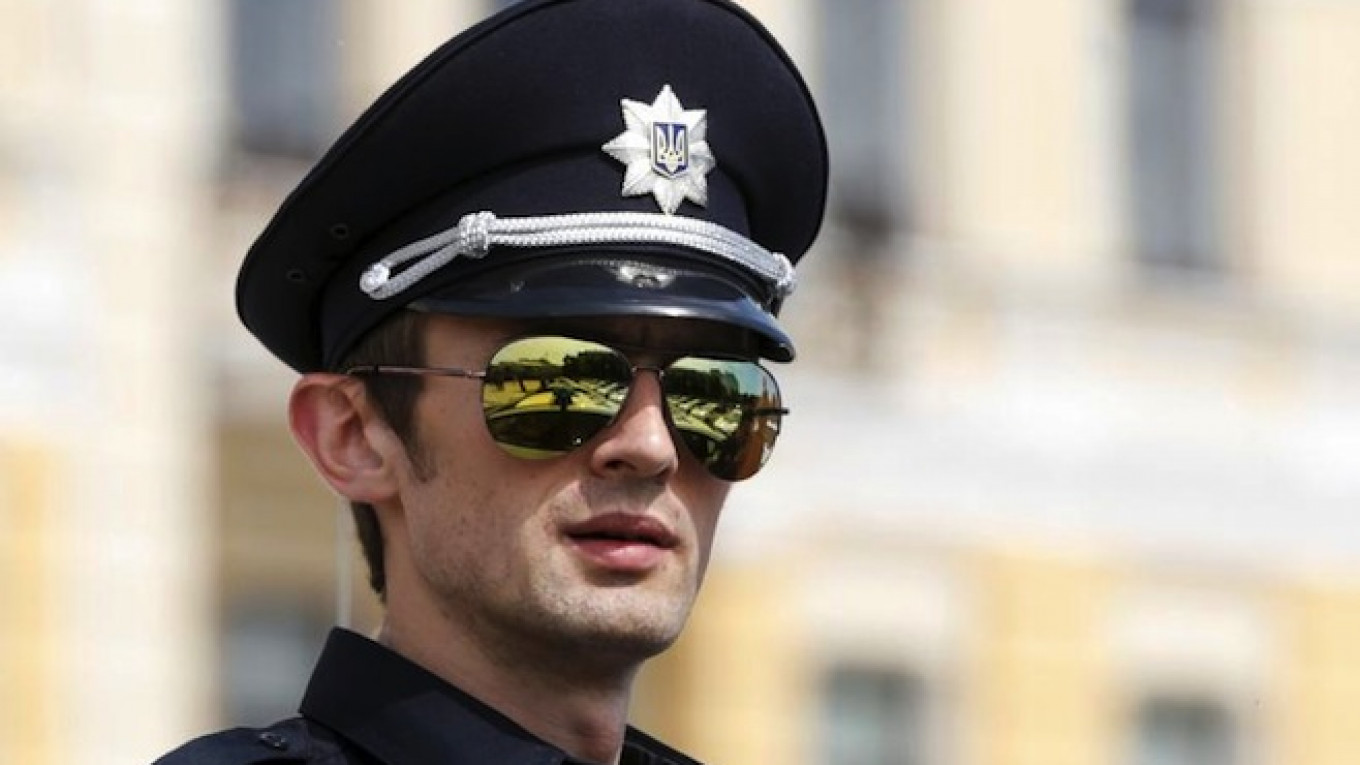A nationalist militia in Ukraine has demanded 50 million euros for a haul of Dutch golden age paintings that were stolen from a museum in the Netherlands a decade ago, the museum said in a statement Monday.
Two men claiming to be representatives of the Organization of Ukrainian Nationalists approached the Dutch embassy in Kiev, saying they had the paintings and offering the deal, the Westfries Museum in Hoorn said in an online statement.
As proof of possessing the artworks, the men presented a photograph of one of the paintings next to a recent issue of a Ukrainian newspaper, the museum said.
The paintings, which formed the core of the museum's collection of 17th and 18th century art, were stolen on the night of Jan. 9, 2005. In all, 24 paintings and 70 pieces of silverware were taken during the heist, the museum said.
The paintings resurfaced in July this year, when the two men made contact with the Dutch embassy.
After initially demanding 50 million euros, the men agreed to settle for a “finder's fee” of 5 million euros. But even that price was based on “completely unrealistic ideas about the value of the stolen paintings,” the museum said.
While the paintings are valuable for the West Friesland museum, an art expert estimated that based on recent auction prices for comparable works by the same artists, they would be worth no more than 1.3 million euros if they were in good condition — and about 500,000 euros, given the damage they have sustained, the museum said.
Diplomatic efforts and attempts to enlist the help of Interpol to recover the paintings were unsuccessful, and the museum was issuing the statement as a last resort, fearing that the stolen collection would be broken up and sold piecemeal, or that the art would suffer additional damage, museum director Ad Geerdink said in a statement.
“We have done everything we could, but we are now at a dead end,” Geerdink said. “The artworks risk disappearing from view once more, and we want to sound the alarm.”
The Hoorn municipal administration has offered to cover Ukrainian militia's expenses for returning the paintings, but the two would-be sellers disappeared without giving a reply, the museum said.
Art experts also suggested that Ukraine's politicians or the national security service, SBU, may have been involved in bringing the paintings to the country.
“I cannot reveal everything, but members of the SBU are involved,” art expert Arthur Brand, who made the estimate of the paintings' value, told a news conference Monday, The Guardian newspaper reported.
“Our collection is in the hands of corrupt people, deep in the heart of the Ukrainian political elite,” Brand told The Netherlands' De Telegraaf.
The museum's statement charged that “the stolen art has become a toy for the opaque political forces in Ukraine, engaged in an internal struggle for power, cronyism and corruption.”
Contact the author at newsreporter@imedia.ru
A Message from The Moscow Times:
Dear readers,
We are facing unprecedented challenges. Russia's Prosecutor General's Office has designated The Moscow Times as an "undesirable" organization, criminalizing our work and putting our staff at risk of prosecution. This follows our earlier unjust labeling as a "foreign agent."
These actions are direct attempts to silence independent journalism in Russia. The authorities claim our work "discredits the decisions of the Russian leadership." We see things differently: we strive to provide accurate, unbiased reporting on Russia.
We, the journalists of The Moscow Times, refuse to be silenced. But to continue our work, we need your help.
Your support, no matter how small, makes a world of difference. If you can, please support us monthly starting from just $2. It's quick to set up, and every contribution makes a significant impact.
By supporting The Moscow Times, you're defending open, independent journalism in the face of repression. Thank you for standing with us.
Remind me later.






